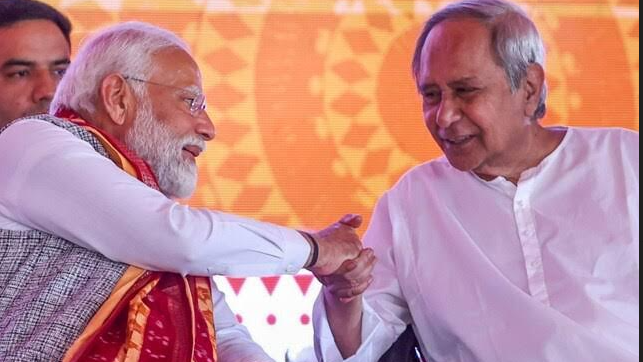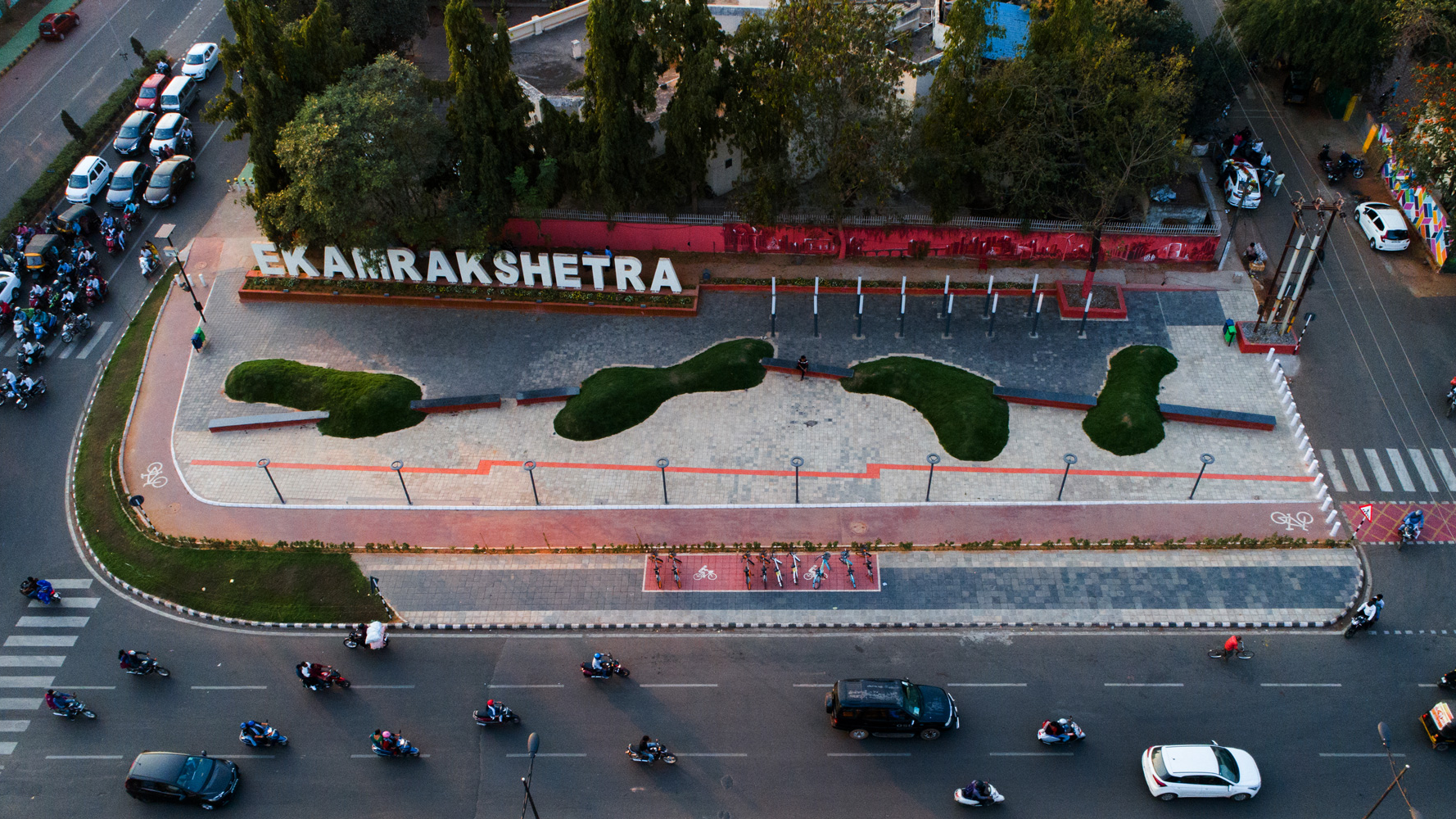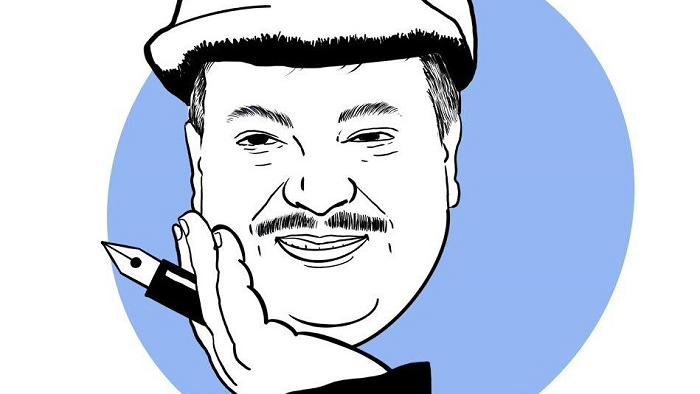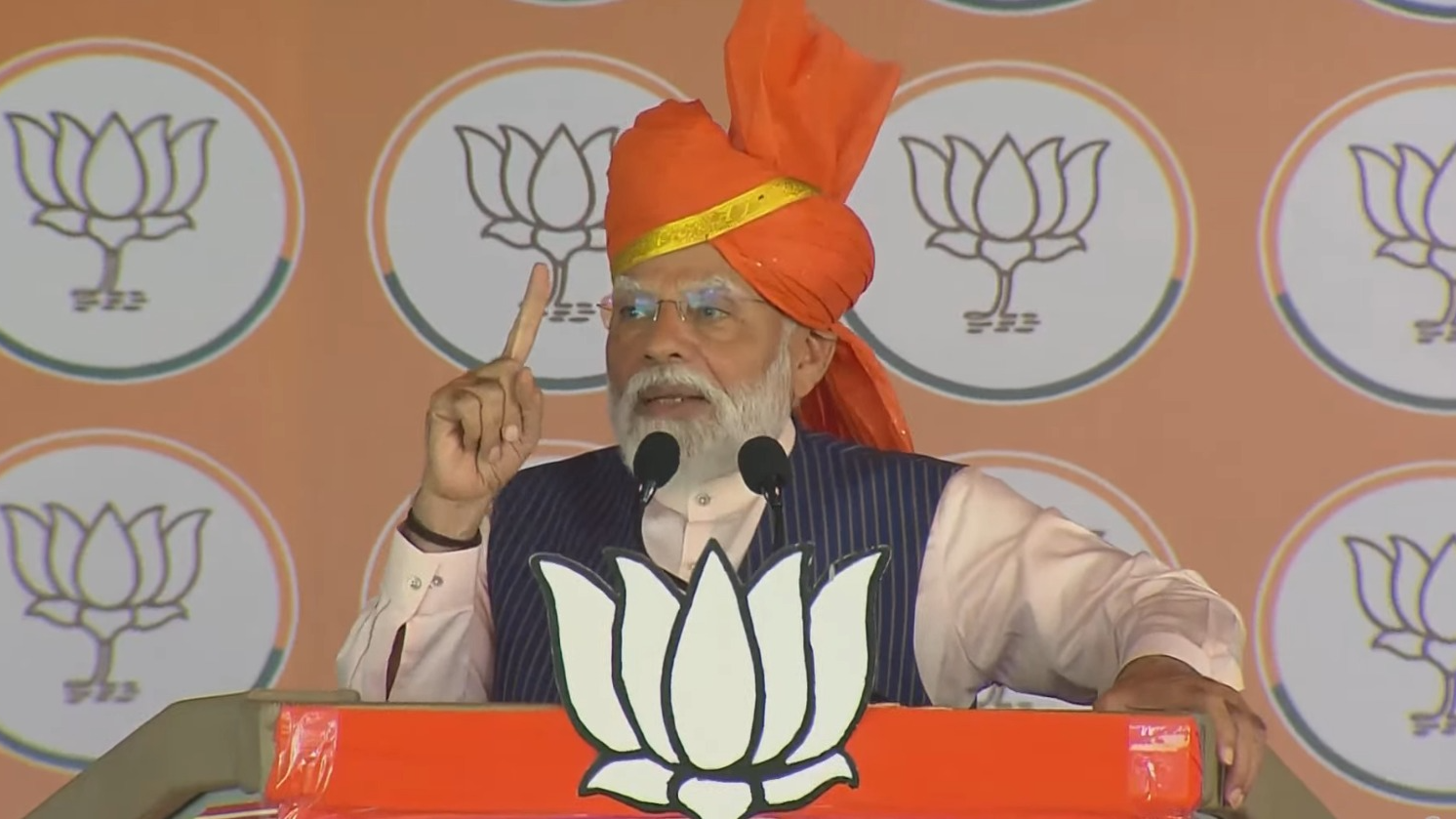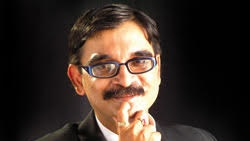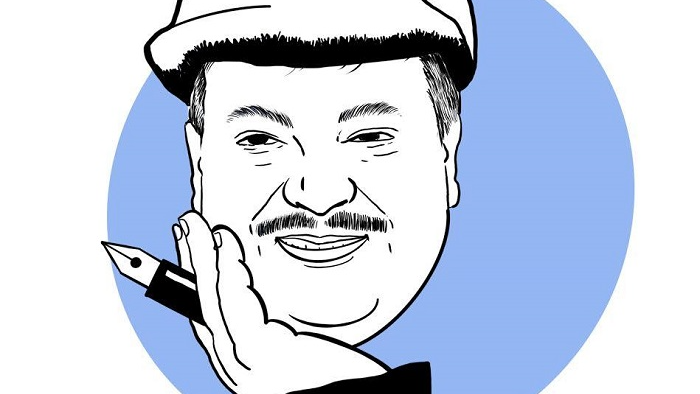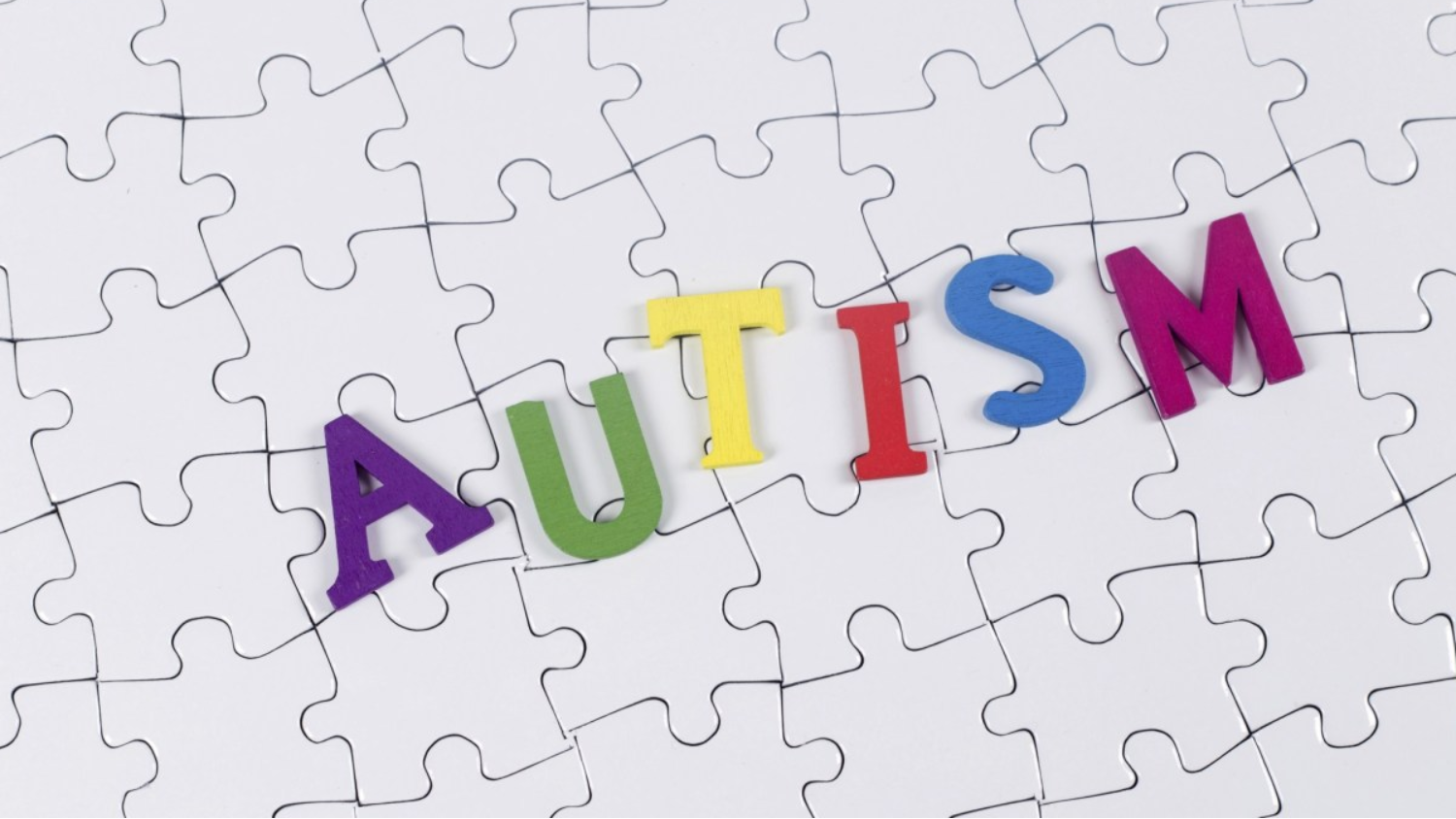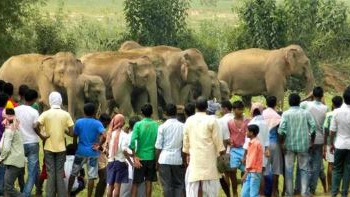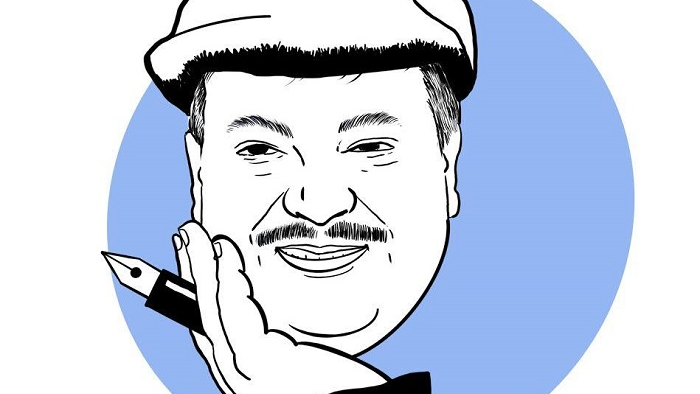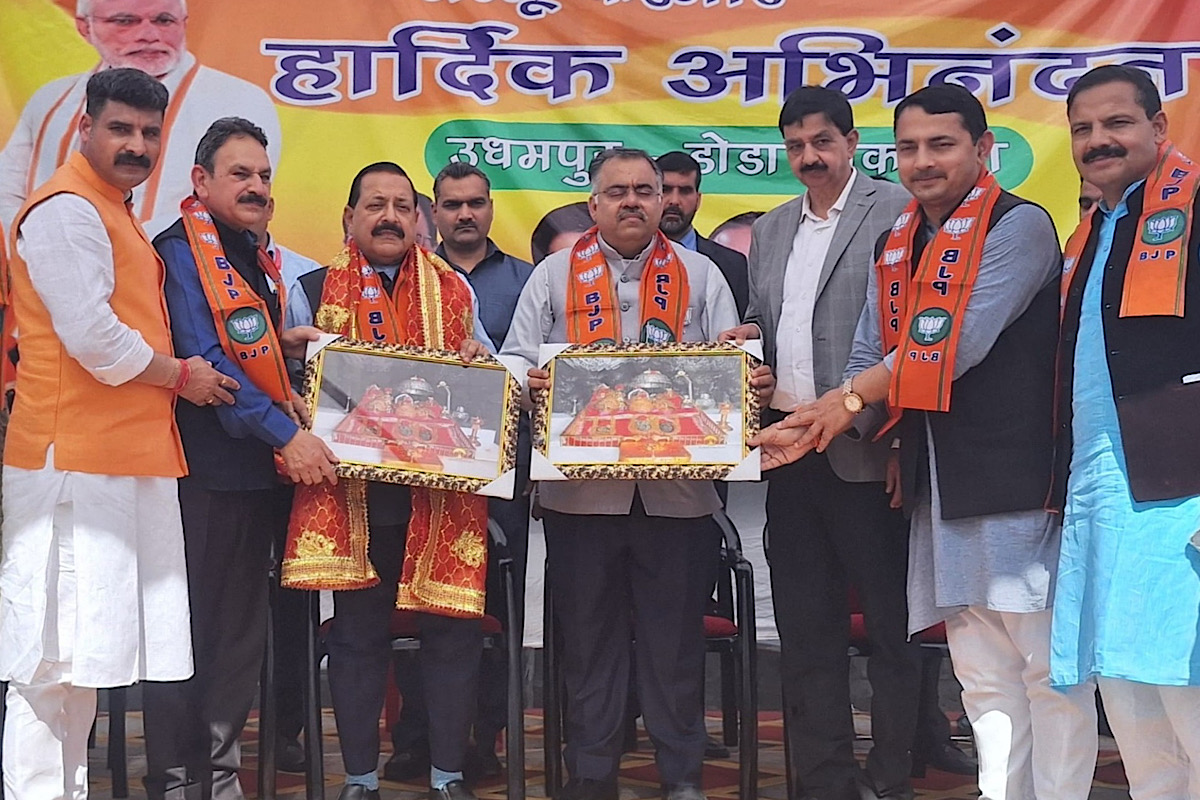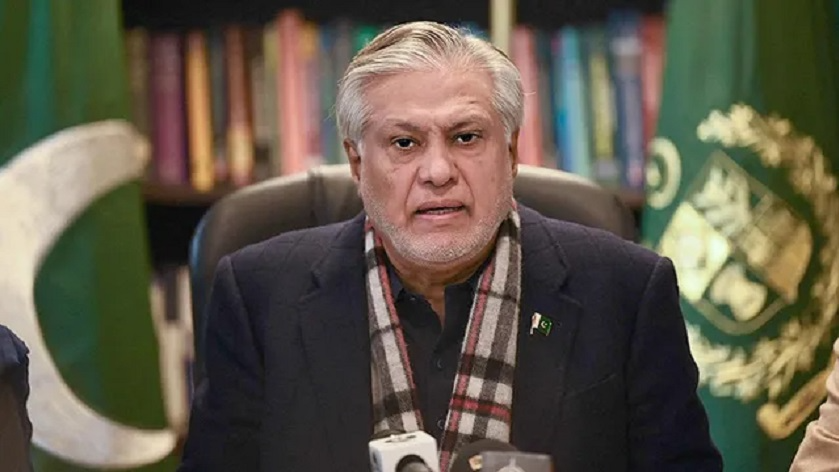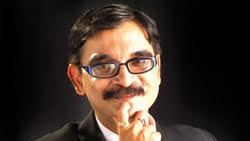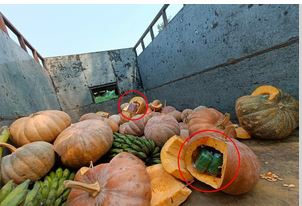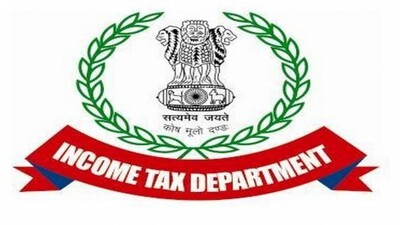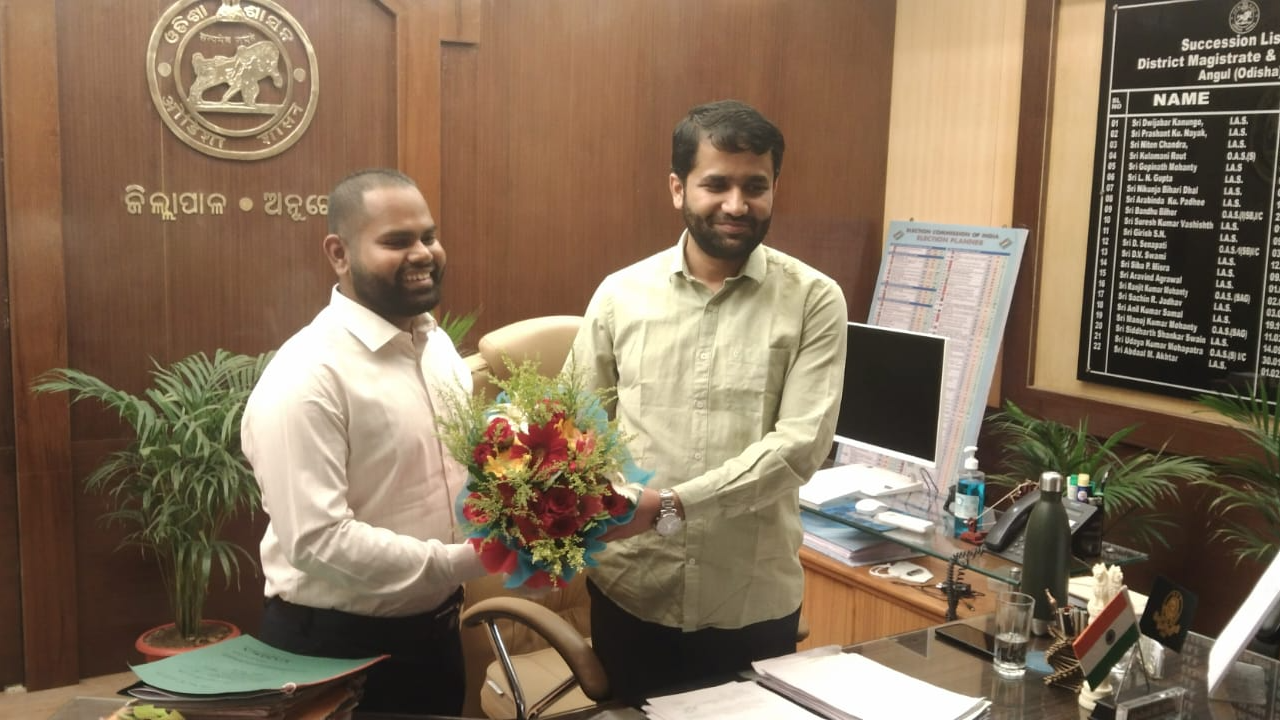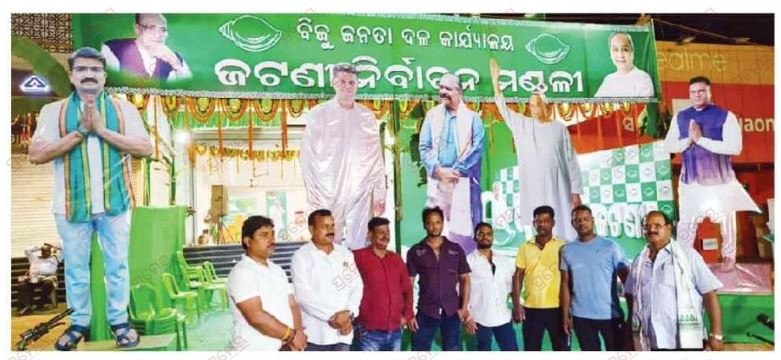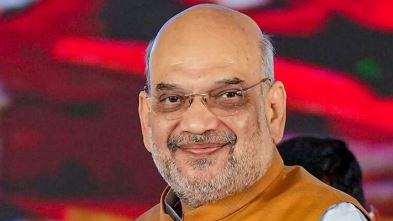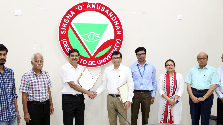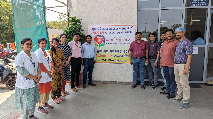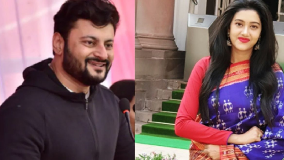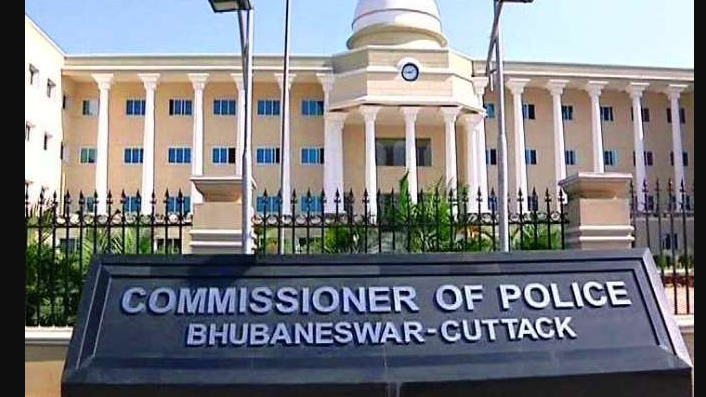Mrinal Chatterjee
Kali Puja, also known as Shyama Puja is dedicated to the goddess Kali or Shyama (literally meaning dark). It is celebrated on the new moon day (Dipannita Amavasya) of the month of Kartik especially in the regions of Bengal, Bihar (Mithila), Odisha, Assam, and part of Maharashtra.
While the Hindu Bengalis, Rajbongshis, Odias, Assamese and Maithils worship the goddess Kali on this day, the rest of India and Nepal worship goddess Lakshmi on Diwali.
Mark the unique plurality of India. Half of the country worships the Goddess who ferociously slays the demon and even drinks his blood, while half on that very day worships the goddess who brings prosperity. Both the goddess represent two different sects- Shaktism and Vaishnavism. And they are the same entity.
As per the Kalikula sect of Shaktism, the supreme celestial Mother goddess Mahakali took 10 manifestations to slay evils on the Earth, which are collectively known as Dasa Mahavidyas. Each Mahavidya has a day of incarnation in the Hindu calendar of 12 months. Out of those 10 Mahavidyas, the last goddess is Kamalatmika, whose day of incarnation is celebrated as Kamalatmika Jayanti, falls on the day of Deepavali. She is often recognized as 'Tantrik Lakshmi'.
Moulana Abul Kalam Azad
India celebrated National Education Day on November 11, the birth anniversary of Maulana Abul Kalam Azad – a great scholar, Islamic theologian, freedom fighter, politician and a firm believer in the unity of India. He was the first Education Minister of independent India. He remained Education minister from 15 August 1947 until 2 February 1958. He died on 22 February 1958. Every year since 2008, November 11 has been celebrated as education day to commemorate his birth anniversary.
Born in Mecca in 1888, his family moved to Kolkata in 1890. He was self-taught and never went to school. He started teaching at the age of 16 and continued his scholarly pursuits even while in the thick of national politics. He wrote poetry, translated the Quran and authored several books.
Young Azad was influenced by revolutionaries and was deeply impressed by the writings of Sri Aurobindo. In 1908, he visited Iraq, Egypt, Syria and Turkey and was pained to find that while in these countries Muslims were fighting for freedom and democracy; Indian Muslims were favouring the British, keeping away from the nationalist movement. To change the mindset, he started a journal, Al-Hilal (meaning Crescent moon) in July 1912. He used it as a weapon to attack and question British policies. The publication gained immense popularity among the masses. It became a milestone in Urdu journalism. The British administration banned it in 1914.
Undeterred by this move, Azad soon started another weekly, Al-Balagh (which means Delivery of a Massage; Another Name for the Quran). It ran until he was externed under Defence of India Regulations in 1916. Despite censoring, he found ways to rebel against British activities through the power of his pen.
He joined the Indian National Congress and became its president in 1923 at the age of 35. He was the youngest President of Congress. He always advocated for Hindu-Muslim unity and opposed the division of the country.
As first education minister of the country, he advocated for free and compulsory primary education for all children up to the age of 14 as he believed it was the right of all citizens. Later, he went on to establish the Jamia Millia Islamia in Delhi and contributed to the setting up of the IITs. He was also one of the brains behind the University Grants Commission, India’s higher education regulator, and played a key role in the establishment of other educational institutions.
How Social Media is changing language and literature?
Every medium and communication technology impacts language and it in turn impacts literature. Telegraph invented in 1792 changed the way news used to be written. Telephone invented in 1890 changed the way we used to converse. Radio (invented in 1891) and television (invented in 1920s) have had a profound impact on the way we engage with language and this in turn impacted language.
Social media which came in popular use in the 1990s and in about twenty years had half of the world population as active users, also have the same effect. It gave rise to a mixed language which also included emoticons. The language purists are not happy about it. They rue the loss of the sanctity of the language and grammar. It introduced new vocabulary and altered the use of several words and expressions. It increased the speed and volume of communications. It created new forms of literature. However, the long and languid pace of literature has been the causality.
Tail piece: Happy Deepavali
Shashi Tharoor sent me his Deepavali wishes:
Let this iridescent, opalescent, incandescent festival of fervour sink the tenebrosity into ravishing radiance, filling everyone's life with cornucopia of joy, peace, health and fine fettle...
Evil elements be incinerated in a sparking show of lights and coruscation...
Mera puri Diwali saam dictionary dekhte dekhte bit gaya. (My Diwali evening was spent looking at multiple dictionaries.)
(Courtesy: Social Media)
Tailpiece: Gyan
Zindagi vi grammar ki tarah hai
Past ‘perfect’ nehi tha
Present ‘tense’ hai,
Aur future ‘indefinite’.
(Courtesy: Social Media)
Disclaimer:
This is the personal opinion of the author. The views expressed in this write-up have nothing to do with www.prameyanews.com.











